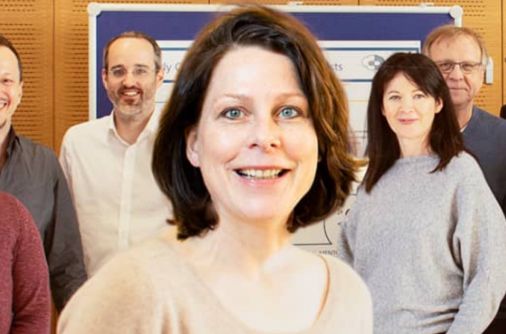Expectations influence treatment outcomes
What happens in the brain and body during this process?
How do we explain individual differences?
Can the effects be used to benefit patients?
You must know that the will is a powerful adjuvant of medicine.
Paracelsus
(1493 – 1541)
Experiences and expectations are powerful therapeutic tools.
It was not Paracelsus, the Swiss physician, natural philosopher and alchemist, who first realised this. It has been known for thousands of years.
But what effects do positive and negative patient expectations have on treatment outcomes today? To answer this question, interdisciplinary research teams are working in close cooperation on 16 projects.
The researchers and clinicians involved in "Treatment Expectation", the project title of Collaborative Research Centre/Transregio 289, aim to unlock the neurobiological and psychological mechanisms behind treatment expectation effects, understand differences between individual patients and examine how the results can be applied to everyday clinical practice.
The hope is to extend the range of treatment options for millions of patients.
FAQ: Frequently asked questions
Would you like to know more about the link between patient expectations and treatment outcomes?
News
- TeilnehmerInnen für Projekt "Immunvermittelte Symptome nach der Gürtelrose Impfung" gesucht (Essen) 09. October 2025
- Using placebo effects to improve headache treatments 08. September 2025
- Gesunde Versuchspersonen sowie Versuchspersonen mit chronischen Rückenschmerzen gesucht (Essen) 02. September 2025
- Prof. Johannes Laferton: “Patients with positive expectations have better surgical outcomes.” 25. August 2025
- Vulvodynia – more education and better communication for a barely-known condition 21. August 2025
- New publication: Ibuprofen works even better with the right words 12. August 2025
- New publication: How would you like your placebo? 30. June 2025
- Premiere for the SIPS: Patient representatives at the International Conference of the Society for Interdisciplinary Placebo Studies 18. June 2025



